2021-22 Education Program Speaker Series
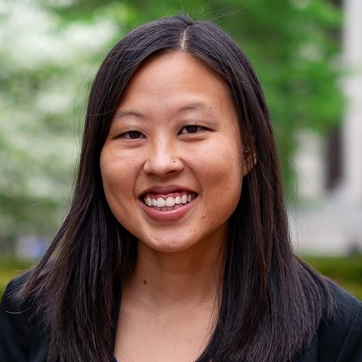
2 p.m. April 13 | Golding Building, Room 110Open to all
Tiffany J. Huang is Provost’s Postdoctoral Fellow in the Department of Sociology at the University of Pennsylvania. Her research focuses on race and immigration, examining the outcomes and racialization of immigrants and the second generation, as well as intergroup relations and racial attitudes. Her work has appeared in the Journal of Ethnic and Migration Studies, RSF: The Russell Sage Foundation Journal of the Social Sciences, The ANNALS of the American Academy of Political and Social Science, and Ethnic and Racial Studies. Tiffany earned her PhD in sociology from Columbia University in 2021.
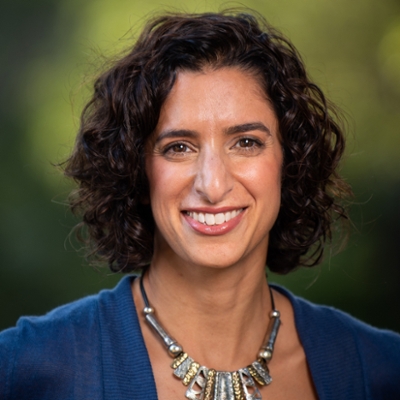
2 p.m. April 6 | Sherman Hall, Hassenfeld Conference Center
Open to all
Natasha Warikoo is a professor of sociology at Tufts University. A former Guggenheim fFellow, Warikoo studies racial and ethnic inquality in education. Her forthcoming book, "Race at the Top: Asian Americans and Whites in Pursuit of the American Dream in Suburban Schools" (May 2022, University of Chicago Press), explores the growth of Asian Americans in suburban communities.
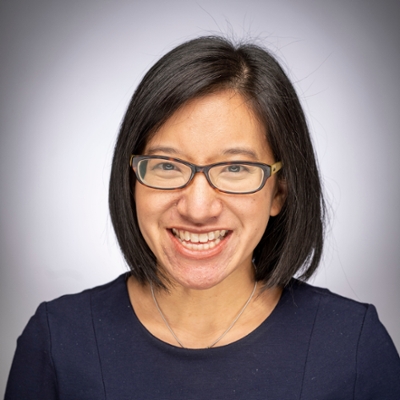
2 p.m. April 4 | Sherman Hall, Hassenfeld Conference Center
Open to all.
Joanne W. Golann is an assistant professor of public policy and education at Peabody College, Vanderbilt University, and author of "Scripting the Moves: Culture and Control in a No-Excuses Charter School" (Princeton University Press). As a sociologist and an ethnographer, she examines how schools and families transmit cultural skills, behaviors and habits to children.
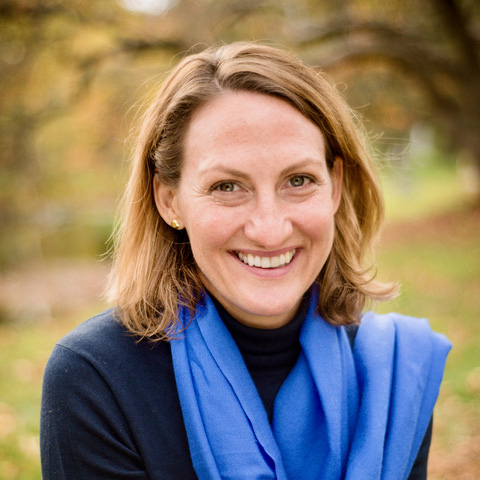
November 1, 2021
2-3:30 p.m.
The speaker will be Professor Victoria Cain, Associate Professor of History and Director of Graduate Studies at Northeastern University. In this talk, she provides a brief overview of some of the themes of her new book, "Schools and Screens: A Watchful History," and a deeper dive into a few defining experiments with educational media in 20th-century U.S. schools. Her talk will focus on the struggle of successive generations of education reformers who attempted to meet massive social and economic crises through careful instruction in media viewing and collective discussion. Cain will consider how and why these reformers came to conclude that civic spectatorship was essential to modern education and democratic participation, and reflect on the significance of their experiments for schools today.
Cain teaches in the Department of History at Northeastern University. She is the author of "Schools and Screens: A Watchful History" (MIT, 2021), as well as numerous articles and chapters on media, technology and education, and the co-author, with Karen Rader, of "Life on Display: Revolutionizing U.S. Museums of Science and Natural History" (Chicago, 2014). Her newest project explores the history and politics of adolescent privacy.
This event is being sponsored by the Education Program and the Marya Levenson '64 Fund for Education.
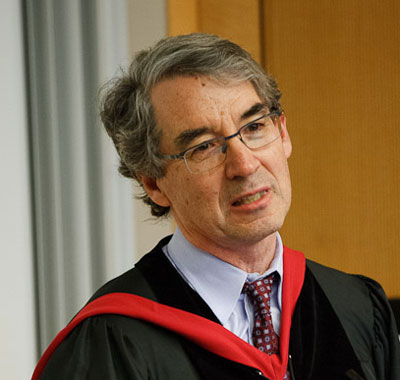
The speaker is Professor Joseph Reimer, Associate Professor of Jewish Education in the Education Program and the Hornstein Program for Jewish Professional Leadership.
Think of a 1- or 2-year-old child at their birthday party. Often the child is lost, having little understanding of what a birthday is or why all these people have come on this day to the house. There is a lot of cultural learning that goes into celebrating, even when it is you the others have come to celebrate.
Jewish summer camps are organized to help children learn how to celebrate special occasions. In particular these camps focus on the weekly celebration of Shabbat, the Jewish Sabbath. My research focuses on how campers — age 8-16 — learn to celebrate Shabbat in joyous ways. I am particularly interested in the relationship between shared joy and cultural learning. How does shared joy promote certain types of learning that perhaps could never happen in the more arid climate of everyday life?
Professor Reimer is completing this year his 36-year career teaching at Brandeis University. He directed the Institute of Informal Jewish Education at Brandeis for 11 years, served for seven years as lead faculty for training Jewish camp directors and is soon to publish a book on Jewish summer camps for Brandeis University Press.
This event is being sponsored by the Education Program and theMarya Levenson '64 Fund for Education.